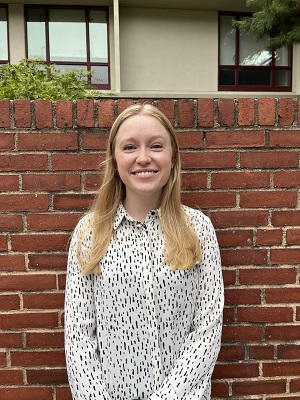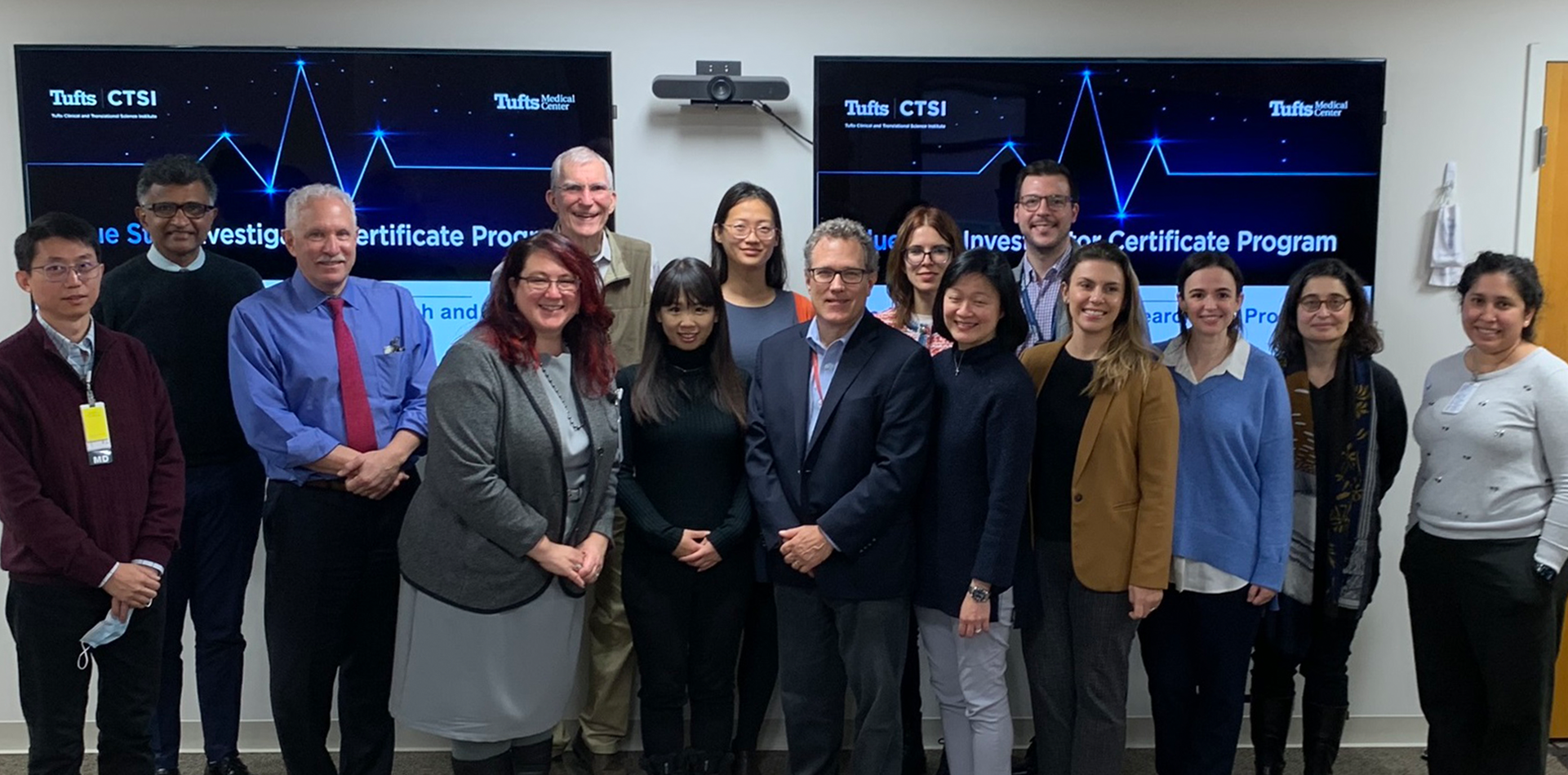When the plans were announced for Encore Boston Harbor, a luxury resort and casino located about five miles from Logan Airport, there was immediate concern from Boston’s Chinatown community. Residents and neighborhood organizations felt a new casino would only serve to exacerbate an existing problem in their community: gambling addiction.
Carolyn Rubin, EdD, MA, Director of Tufts Clinical and Translational Science Institute’s (CTSI) Addressing Disparities in Asian Populations through Translational Research (ADAPT) initiative describes problem gambling as an “invisible, silent, and stigmatized issue in the Chinatown community.” She continues, “People will say, ‘Well, gambling is just part of Chinese culture. It’s what you guys do.’” While she agrees there are gambling-related activities in which Chinese people participate, problem gambling is different. Dr. Rubin believes that gambling has become a public health crisis and she worries that the Chinese community has been unfairly targeted in casino gambling marketing.
Gambling addiction significantly impacts families and community wellness. It can cause emotional distress, suicidal ideation, financial and legal complications, higher rates of intimate partner violence, and child maltreatment. Despite its prevalence in Asian-American communities, families affected by gambling addiction often don’t receive the assistance needed to address the problem.
Prior studies on problem gambling do not account for the unique needs of Asian-American populations. When the Massachusetts Gaming Commission announced they would be issuing research funding for studies addressing problem gambling, the Executive Director of Boston Chinatown Neighborhood Center (BCNC) Giles Li, a member of ADAPT, and Dr. Rubin, Assistant Professor of Public Health and Community Medicine at Tufts University School of Medicine (TUSM) worked together with Tufts CTSI’s Research Collaboration Team to submit a grant proposal. BCNC wanted to build on prior research work they had done collaboratively with Carolyn Wong, PhD, from the University of Massachusetts Boston
On July 1, 2019, BCNC and TUSM were awarded a $106,509 grant from the Massachusetts Gaming Commission to create the Asian Center for Addressing Research, Education, and Services (Asian CARES), a community-engaged research (CER) partnership to serve people and families dealing with the negative impacts of problem gambling in Boston-area Asian communities. This grant will support BCNC and ADAPT’s goal to find successful interventions to prevent and treat gambling addiction in Asian-American communities while promoting community-engaged research. This grant also allows BCNC and ADAPT to expand the reach of the work around problem gambling to the Vietnamese and Cambodian communities. Additional community partners on the grant include the Asian Task Force Against Domestic Violence, Viet-AID in Dorchester, and the Cambodian Mutual Assistance Association of Lowell.
During the 18-month long grant period, Co-Principal Investigators Li and Rubin will conduct preliminary work with the other community partners to prepare for a more rigorous research process in the future that can encompass the broader Asian-American community in the Boston area. They will read literature, learn more about problem gambling and its interventions, conduct needs assessments, and work with bi-lingual and bi-cultural experts to better understand how gambling affects the community.
Mr. Li discusses why this project is so important. “Though very little research exists, there is evidence that Asian communities are at particular risk for gambling addiction,” he explains. “With the recent opening of an enormous casino in the region, BCNC and Tufts want to learn more about the risk factors and ways we can prevent addiction from a community-based and institutional perspective. We have a diverse set of incredibly knowledgeable partners who will do this work with us.”
About Boston Chinatown Neighborhood Center (BCNC)
Since 1969, Boston Chinatown Neighborhood Center (BCNC) has been a vital presence in Greater Boston and beyond, empowering Asians and new immigrants to build healthy families, achieve greater economic success, and contribute to thriving communities. We provide a broad range of innovative programs and services centered around education, workforce development, family support, and arts and culture, leaving a significant and lasting impact on the lives of more than 13,000 children, youth, and adults every year.
About Tufts Clinical and Translational Science Institute (CTSI)
Tufts Clinical and Translational Science Institute (Tufts CTSI), established in 2008, supported by the National Institutes of Health (NIH), is dedicated to stimulating innovative broadly-engaged team science across the translational research spectrum to improve clinical care and health. Founded by Tufts University and Tufts Medical Center, it also includes other academic institutions (including all the schools of Tufts University, Brandeis University, MIT, Northeastern University; and RAND), the hospitals affiliated with Tufts University School of Medicine, community stakeholders, and various members of the health care industry. Tufts CTSI’s purpose is to accelerate the translation of laboratory and medical research into clinical use, widespread medical practice, and into improved health care delivery and health policy. It connects people to research resources, consultation, and education, and fosters collaboration with scholars of all disciplines and with community members, with the ultimate goal of improving the health of the public. Tufts CTSI is funded by a Clinical and Translational Science Award (CTSA) from the NIH National Center for Advancing Translational Sciences, award number UL1TR002544.



